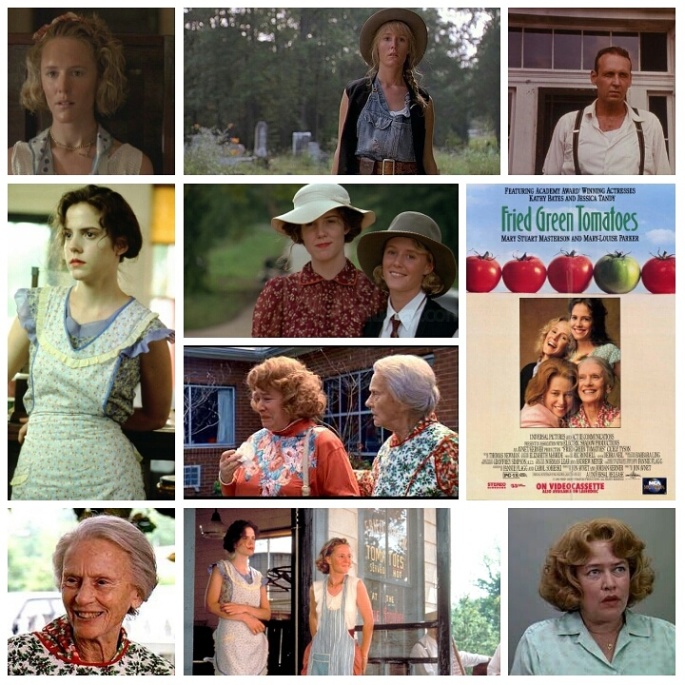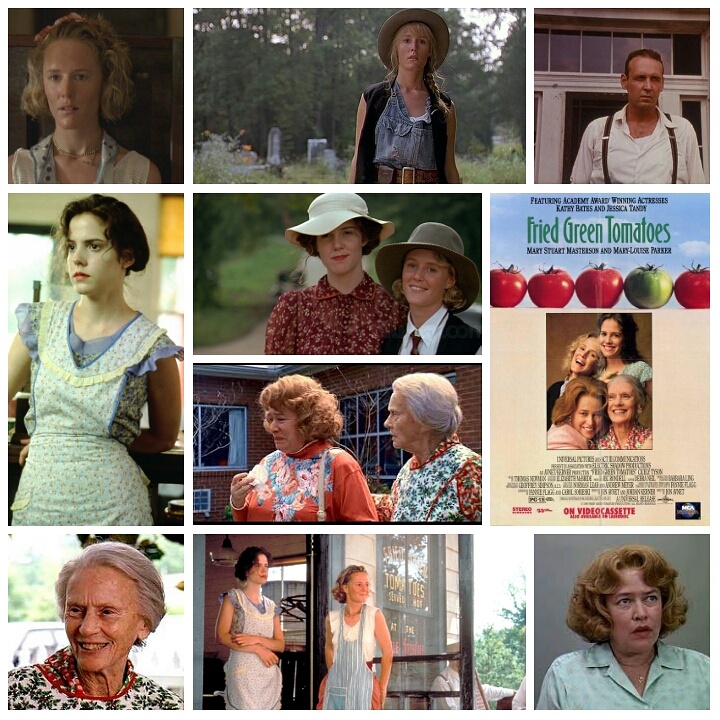By Patrick Crain
In the cinematic world of Michael Mann, there are two figures who loom the largest. The first and most obvious one is Jean-Pierre Melville, French auteur whose cool visual style, obsession with the relationships between cops and criminals, and strict attention to detail and precision all informed the majority of Mann’s work. The second giant figure in Mann’s universe is Edward Bunker, master criminal who was also a gifted writer and turned his own real-life exploits into fodder for crime-obsessed filmmakers such as Mann and, later, Quentin Tarantino. While one-time cop Dennis Farinia and one-time thief John Santucci both lent their expertise to Mann’s world and filled it with the kind of details only professionals can articulate, it’s hard to imagine a character more important to our contemporary and cultural understanding of the professional criminal via broad, poetic, and genius stokes than Edward Bunker, both folk hero and ground zero for the Michael Mann archetype. So great was Bunker’s presence in the world of Michael Mann that, in Heat, Jon Voight’s criminal fixer, Nate, was modeled in both look and voice after Bunker.
And so it is that Straight Time, Ulu Grosbard’s film from 1978 based off of Bunker’s semi-autobiographical novel, No Beast So Fierce, is derived from a screenplay by Alvin Sargent, Jeffery Boam, and Bunker, with uncredited passes by the incomparable Nancy Dowd and, in his first feature film gig away from the confines of television, Michael Mann. Starring Dustin Hoffman as Bunker substitute Max Dembo, the film displays in very stark terms the incredibly limited and stifling choices afforded to an ex-con while also revealing, in the case the viewer wasn’t aware before watching it, why recidivism is a thing that occurs with an unfortunate frequency.
Straight Time is mostly what one would consider now a “hangout movie.” Nothing really much happens in terms of plot outside the trajectory of Max’s transformation from ex-con to fugitive with unsparing, heartbreaking detail (and rewarding invested audiences by making them amateur penologists). We meet the ex-cons in Dembo’s universe in their flophouses, modest starter homes, and even their middle-class suburban digs. But punching time-clocks, the routine of raising a family on the straight and narrow, and hosting backyard barbecues hold no life for these people. They are loners at heart and not much different from Pike and his men in Sam Peckinpah’s The Wild Bunch; rudderless souls to whom civilization is just another prison.
Despite it going through a few more cycles before hitting the screen, much of Michael Mann’s work is still imbedded the screenplay. There materializes a familiar, doomed romanticism between Dembo and Jenny (a dazzling Theresa Russell) which will also show up in numerous Mann works. If the restaurant scene between Hoffman and Russell feels familiar, it’s because it’s a dry run for the James Caan/Tuesday Weld diner scene in Thief. Additionally, Max’s usage of “What’s to it?” sounds like he could have been James Caan’s cellmate as it’s a favored piece of phraseology of the latter. The timed bank heist, the criminal detail, and the Los Angeles locations all lend themselves easily to what would later become Mann’s sandbox.
However, this material isn’t uniquely Michael Mann’s and Grosbard does a brilliant job infusing it with his own visual style. Defused night lighting, hot dog stands populated with the flotsam and jetsam of the evening, and the gross interiors of sketchy dive bars slam up against the scenes set in the blazingly bright Los Angeles daytime where Max hustles in his attempt to go legit, which loads Straight Time with a cinematic tension that straddles film noir and slice of life.
Aside from containing Dustin Hoffman’s career-best turn and a (shoulda been) star-making performance from Russell, Straight Time also benefits from a deep bench of supporting players doing some of their best work. M. Emmet Walsh is absolutely repellant as Max’s sleazy parole officer, Gary Busey and Harry Dean Stanton are 100% authentic as ex-cons desperate for some kind of action, and Kathy Bates gives a beautiful, nuanced performance that amounts to about three minutes of screen time but stops the film short to remind the audience of the sad reality that is the life of an ex-con.
While his metier at the time was churning out scripts for television crime shows like Starsky and Hutch and Police Story, tangling with Edward Bunker’s material was likely a watershed moment for Michael Mann as he found a vessel in Bunker’s prose which could keep him invested in the gritty world of crime while keeping the slick, visual ideas he would pioneer completely intact. And, quite fortuitously, it would serve Mann well the following year as his debut television film as a writer and director, The Jericho Mile, was actually shot in Folsom Prison and Peter Strauss’s main character is nothing if not a dress rehearsal for James Caan’s Frank in Thief. It’s a less polished mesh of the poetic and the procedural than what would come later but it would show the true bones of a filmmaker whose exposure to the real deal would create a filmography that would both redefine the crime film and would set the pole position for the visual and editing style that would dominate pop culture in the 1980’s.














